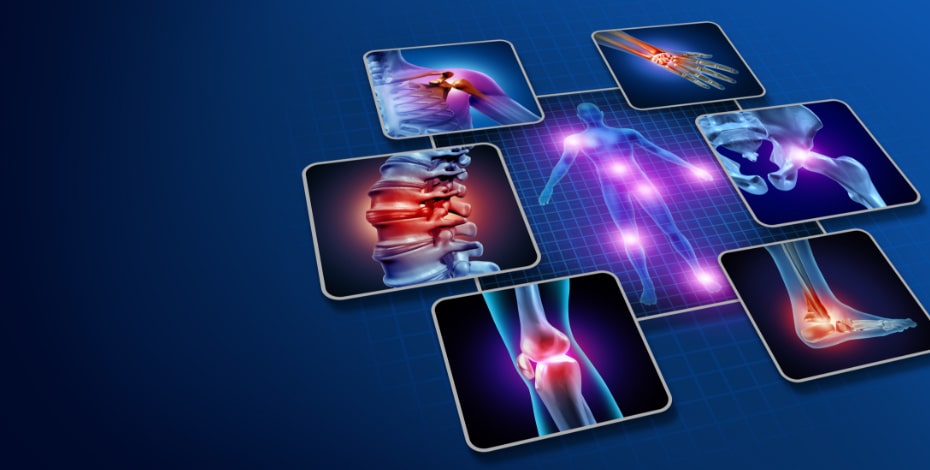
Interventions by software

With a growing number of available solutions in the market today, digital therapeutics is carving a new category of medicine and healthcare.
Digital therapeutics represents an independent category within the broader digital health ecosystem, distinguishable from other categories such as telehealth, diagnostic and drug adherence products. General industry consensus defines digital therapeutics as the delivery of ‘evidence based therapeutic interventions to patients that are driven by high quality software programs to prevent, manage or treat a medical disorder or disease.’
Industry standards—which include clinical validation, design and manufacturing standards, privacy and security concerns, public policies and regulations—are currently being developed for this category globally. These products show great promise in benefitting healthcare systems economically and improving the value, quality and safety of healthcare across a diverse range of diseases and clinical specialties. They have the potential to provide patients with novel therapy options for unmet healthcare needs, be used independently or with traditional healthcare interventions, and integrate the latest evidence-based practice guidelines and clinical practices.
Emerging market
There is a growing number and diverse range of digital therapeutic products already in the market and under development. Overall, there are four product categories of digital therapeutics based on intended use or public product claims:
- addressing a medical condition
- managing or preventing a medical disorder or disease
- optimising medication, and
- treating a medical disease or disorder.
The products in the market that are relevant to physiotherapy include:
- combined software and hardware products that improve the management of chronic obstructive pulmonary disease and asthma
- artificial intelligence-assisted exercise, education and behavioural programs that assist people with chronic pain, in particular low back pain
- software products that help patients self-manage, and to prevent and manage common chronic diseases, such as type II diabetes, hypertension, osteoarthritis and obesity intervention tools that help train cognition in concussion patients.
Demonstrated benefits
There is an increasing number of demonstrated benefits to patients and caregivers, which include but are not limited to:
- delivering reliable and scalable evidence-based interventions of high quality
- improving access to evidence-based interventions in a clinically safe and effective manner
- personalising care for patients with specific diseases or conditions
- improving patient engagement and compliance in terms of delivering specific evidence-based interventions
- providing evidence-based interventions in the comfort and privacy of the patient’s own home without the need of a health professional’s physical intervention
- helping patients with their motivation, behavioural change and goal-setting to make healthy lifestyle changes.
Physiotherapy relevant
Key examples of physiotherapy-related products globally include Hinge Health, Kiio and Kaia Health.
Hinge Health
Hinge Health’s digital care program is designed for multiple musculoskeletal conditions, and consists of app-based exercise therapy using wearable sensors, virtual cognitive coaching and interactive patient education. A randomised controlled trial of 177 participants in a digital program for chronic pain, published in npj Digital Medicine in January 2019, showed a significant reduction in users’ low back pain, disability and interest in surgery.
Kaia Health
The Kaia Health back pain app comprises three therapy modules: back pain education, hands-off physiotherapy, and mindfulness/ relaxation techniques. Users of the app also have the ability to interact with a human coach via the app if they have any particular questions. A randomised controlled trial of 101 participants with non-specific low back pain, published in npj Digital Medicine in May 2019, demonstrated that those using the app-based multidisciplinary back pain treatment reported significantly less pain than the control group, who were given weekly physiotherapy and online education.
Kiio
In September 2018, Kiio, an app-based back pain program for health systems and employers, published data from a one-year pilot program with 515 health plan members. The digital care program included three levels of personalised exercises, virtual coaching, access to one-on-one health coaching and post follow- up pain education material. The results suggested that those who used the Kiio app experienced fewer medical visits and expenses and opioid prescriptions compared to those who did not engage in the intervention.
Email inmotion@australian.physio with any comments or queries regarding this article.
Disclaimer: This material is intended for general information pur- poses only and does not constitute legal advice or meet the specific needs of your clinical context.
© Copyright 2023 by Australian Physiotherapy Association. All rights reserved.





